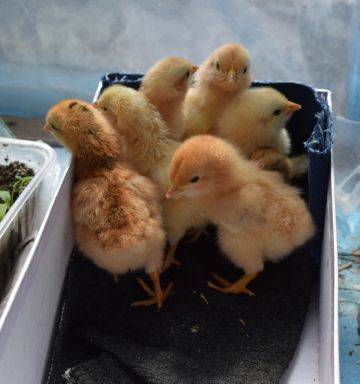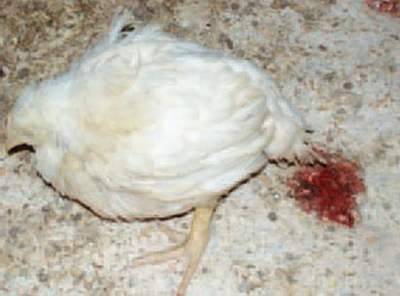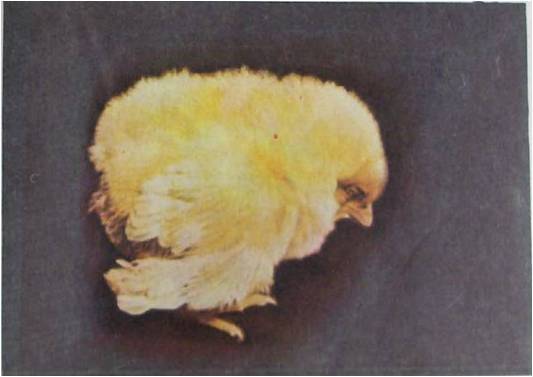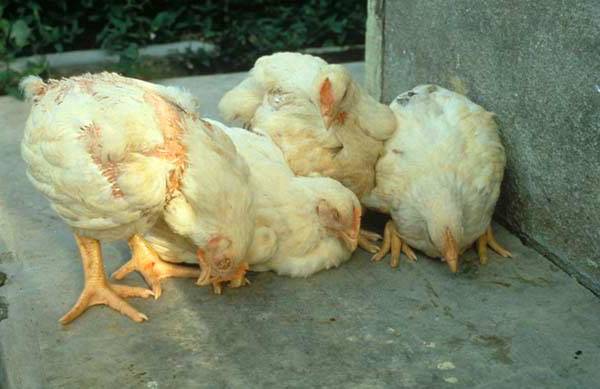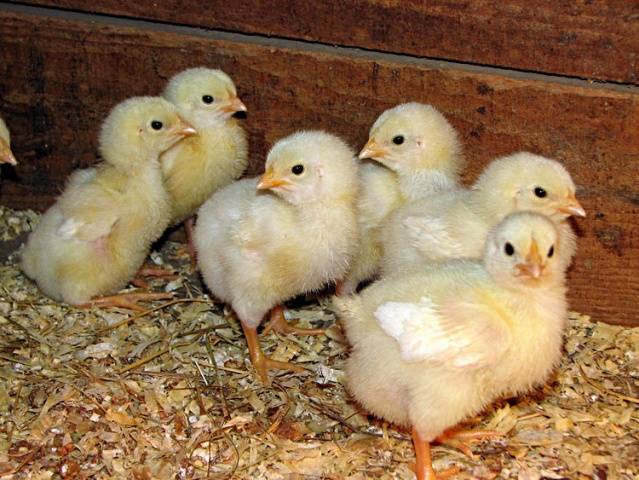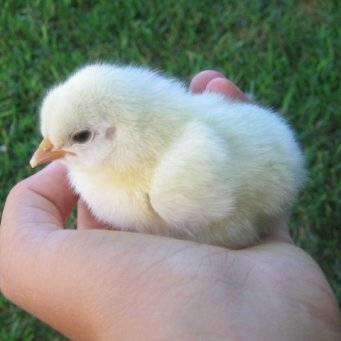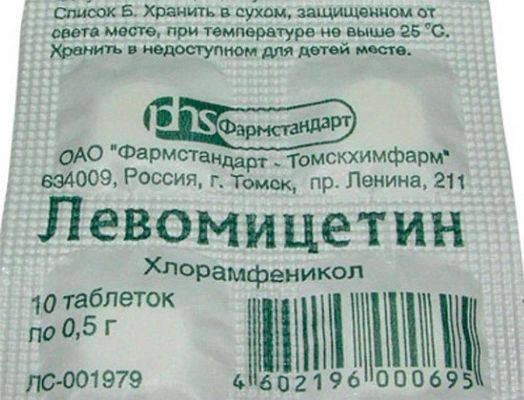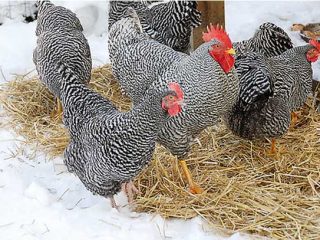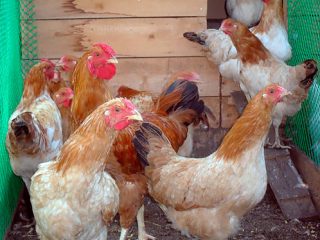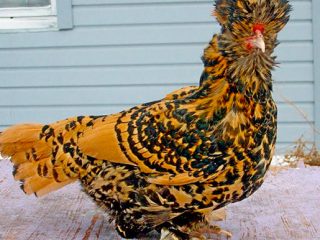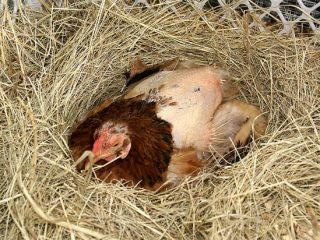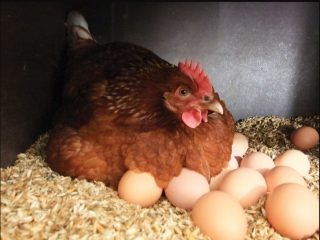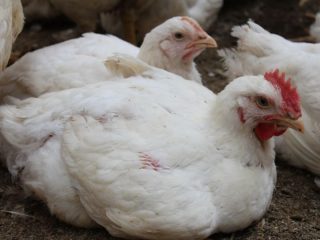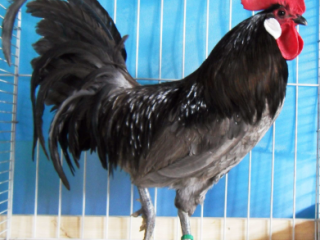Content
Many villagers raise chickens. On the one hand, this is a profitable activity, and the birds are always before your eyes, you can see the changes happening to them. But on the other hand, private owners lack knowledge and experience if chickens start to get sick.
There are many diseases in poultry. Some of them are associated with non-compliance with maintenance rules; other diseases are caused by various infections, such as, for example, bloody chicken diarrhea. The symptoms of the disease, prevention and treatment methods will be discussed in our article.
The effect of diarrhea on the body of chickens
Diarrhea is a serious disease that can upset the digestive system of small chicks. The cause of diarrhea and its severity may be bacteria and viruses, as well as intestinal parasites or other causes.
As a rule, with prolonged diarrhea, serious disturbances occur in the body of chickens. People who raise farm birds at home understand perfectly well that it is difficult for such a small, immature creature to resist disease. After all, babies have very low immunity.
Even minor diarrhea weakens the chick, it loses its appetite, its weight drops sharply, and leads to dehydration. As a result, the bird dies. And if the cause of diarrhea, including the release of blood cells, is an infection, then you can lose not only young animals, but also adult chickens.
How to recognize bloody diarrhea
Unfortunately, bloody diarrhea does not start immediately. At first, the stool may be brown, with mucus, but without blood clots. But already at this stage we can say that chickens develop eimeriosis or coccidiosis due to the fact that protozoan microorganisms, representatives of the coccidia family, have settled in their bodies.
Most often, the disease begins in the warm season. Coccidia enter the body of poultry through dirty dishes and damp bedding.
Symptoms of the disease to prevent its further development and infection of the herd:
- Chickens drink a lot, but at the same time refuse food. The beaks are constantly open.
- The birds are lethargic, the edges of their wings are lowered to the ground, the feathers are ruffled.
- Mucus and blood clots begin to appear in the brown stool, which is constantly released.
- The chickens suddenly lose weight, stop moving, and sit hunched over.
- The scallops turn pale as anemia begins.
- My butt is constantly wet.
Sometimes chickens become so weak that they cannot even drink on their own. In these cases, the medicine is not poured into a water bowl, but dropped from a pipette. Most often, veterinarians recommend giving chickens Oxy-Doxy for bloody diarrhea.
Unfortunately, recognizing the development of coccidiosis (bloody diarrhea in chickens) at first is not so easy; it is not easy to do even for an experienced poultry farmer, not to mention beginners.
Chickens with symptoms of bloody diarrhea should be treated immediately, at the first indisposition. Diarrhea must be nipped in the bud, otherwise you may be left without chickens.
Ways to combat coccidiosis and bloody diarrhea
The spread of the disease is rapid, so you should not miss the first symptoms and act decisively. First of all, birds that look suspicious must be transferred to another room. Secondly, a comprehensive chicken coop disinfection. Thirdly, you need to contact a veterinarian and begin treatment for coccidiosis so that diarrhea with bloody discharge does not start.
Preventive measures
As you know, treating any disease is more difficult and more expensive than preventing it. In order for chickens to grow up healthy, you need to take a number of preventive measures regarding hygiene and arrangement of the chicken coop.
Sanitary requirements for the premises
- Every day it is necessary to clean the floors of chicken droppings and change the litter. The fact is that dirt and dampness are the first and main sources of reproduction of various harmful microorganisms.
- If chickens are raised, the area should be large, because crowding leads to close contact between birds. It is advisable to keep small chickens and adult birds separately.
- There should be no draft in the chicken coop, but uninterrupted ventilation is required.
- As a preventative measure, even if all the pets are healthy, the walls are whitened with slaked lime.If the chickens are sick, then similar actions are repeated.
Treatment of the chicken coop with drugs
In addition to the usual measures, if chickens experience bloody diarrhea, veterinary medications must be used. One of them is lactic acid, which is used to disinfect the air. For one cubic meter of chicken coop you need 15 or 20 ml.
Veterinarians often suggest treating the premises with creolin. 5% water emulsion, heated to 60 degrees, whitens walls, ceilings and spills on the floor.
In addition, chickens need to be vaccinated at an early age; only in this case will healthy hens and cockerels grow up. But if you saw that at least one chicken began to have bloody diarrhea. You need to seek help from a veterinarian to make a diagnosis.
In the event that the disease does appear among your chickens, it is necessary to carry out thorough disinfection. After treatment with special preparations to get rid of coccidiosis, the walls and all surfaces of the chicken coop are burned. Otherwise, the disease may recur.
Features of treatment
If bloody diarrhea is not a consequence of infection, but the cause of its appearance is associated with injury, then the veterinarian will prescribe a course of treatment with probiotics or enzyme agents.
To normalize the functioning of the intestines, and, most importantly, restore the microflora, chickens that have bloody diarrhea need to be fed fermented milk products and watered with rice water. Babies do not need to be given plain water at this time; it is better to use a pink solution of potassium permanganate or warm water with chamomile infusion.
As a preventive measure, mineral and vitamin supplements are introduced into the feed of young animals. It is also necessary to carry out monthly deworming.
To treat bloody diarrhea in chickens, use a comprehensive approach:
- Sulfonamide drugs;
- Levomycetin;
- Polymexin;
- Biseptol, Flosan;
- Tetracycline.
When using chloramphenicol, the tablet is diluted in 100 ml of warm water and the solution is drunk several times a day.
When treating bloody diarrhea with probiotics, enzymes and antibiotics, you need to take a course of 5-8 days. It is not recommended to skip the procedure if you do not want to experience a relapse. The tablets are crushed into powder and added to water or feed.
Bloody diarrhea can also be treated with Baytril and Avatev. There is no need to exceed the dosage, otherwise, instead of treatment, you can poison the chickens.
Prevention of diarrhea:
Conclusion
Cure chickens from diarrheacaused by coccidiosis is not so simple. But if you start taking comprehensive action at the first symptoms, you can save the bird population. As you can see, raising chickens is not only an interesting and profitable business, but also quite troublesome.
